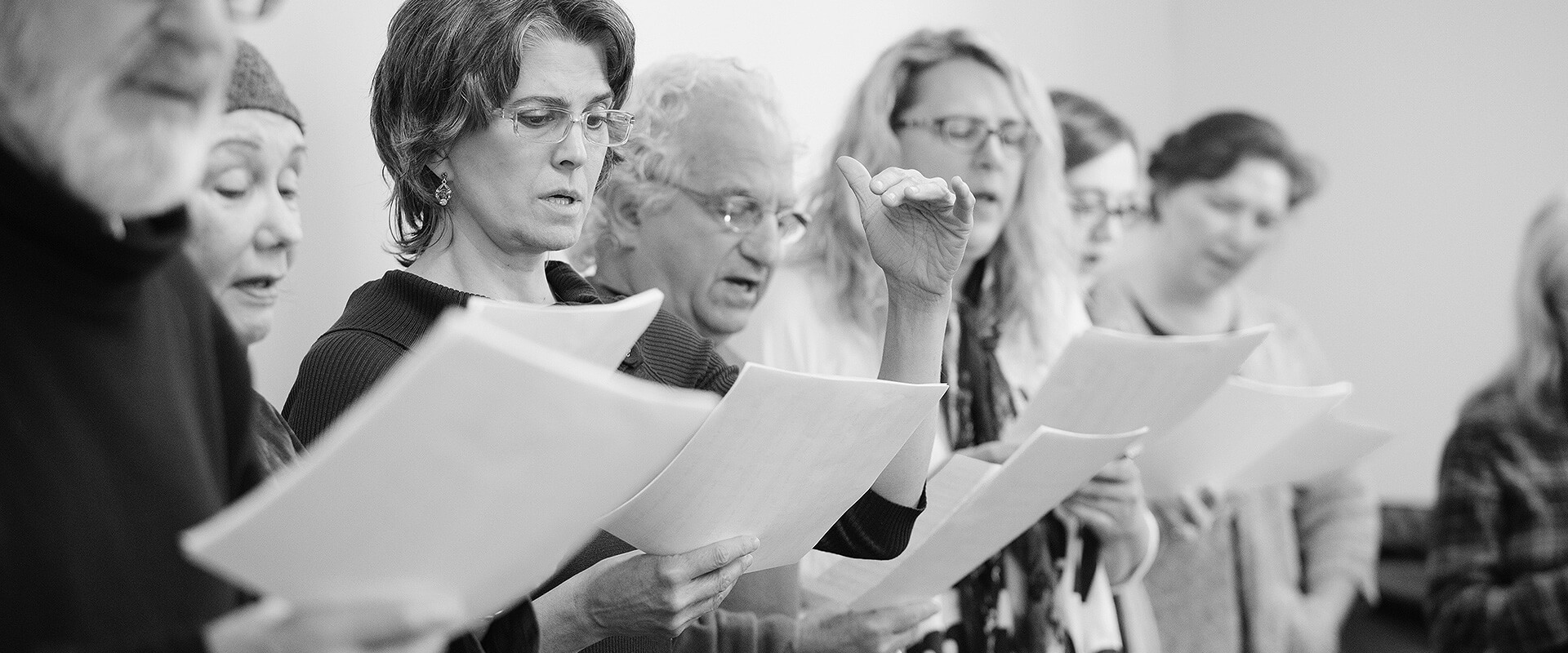Warming Up
You have been speaking all day so your voice is already warm, right? So, what do singers do exactly, when they warm-up? Sadly, most singers just sing a lot which tires out their voice before a performance, thus diminishing their voice’s best qualities. If your voice is already warm from normal speech, what additional warm up is needed for singing? Let’s target that. We know that notes around your speaking voice do not require warming up as they are already warm from normal speech. Notes below your speaking voice do not require warming up, as below your speaking voice the muscles are in a state of hyper-relaxation. So that leaves one register, the upper register. Once you understand how your voice functions, your warm-up becomes very targeted: you are simply checking the quality and accuracy of phonation, speed of alignment (which produces resonance), the connection of your voice to your breath, the quality of attacks, and your ability to anchor each note, especially in the upper-middle register and upper register. You check these things taking a light approach, being careful not to push or over-sing. How your voice responds can change from day to day so you need to “wake-up” rather than warm-up the muscles responsible for each of these tasks and make sure they are responding quickly and efficiently. Singing out full-voice is not the priority and, in fact, should be avoided. Ten to fifteen minutes should be enough time to accomplish all this; so be careful to not sing too loud or too long.
For women, they also need to check the coordination of all these elements as they negotiate through their most problematic register change (D/Eb/E – approximately an octave above their speaking voice). If a problem goes unnoticed in the middle register it may show up in the change of register between middle and head voice. This is normal until your technique reaches a higher level. For men, this is less important since they rarely sing in falsetto and their main register is unified. If they do use falsetto, this is an area they will need to check in their warm-up to make sure they’re transitioning in and out of it smoothly.
Many young singers fail to understand the objectives of warming up and sing too much, too heavy, too loud and/or too long. They end up fatiguing their voice before the performance or rehearsal even begins. Your voice should still feel fresh after warming up and you should be in top vocal shape to perform at your best.
For more information or to book a private lesson, please go to the contact page.
 Montreal Voice Coach
Montreal Voice Coach